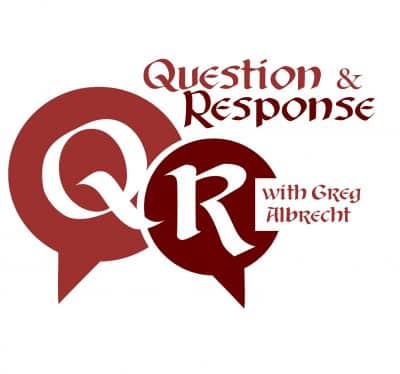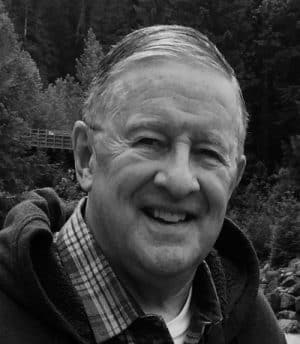Kanzo Uchimura – Ruth Tucker
My Dear Teacher, Junki Chung. That’s the salutation I use when I write to a former student who would go on for doctoral work under Martin Marty at the University of Chicago. After that, ministries in America and Korea. Finally, a seminary professor in his homeland and inviting me to speak and to tour that beautiful land of the morning calm. The presentations were spell-binding, eliciting variously gasps of shock, sighs of sadness, and hearty laughter. I’ve never before or since held an audience like that. Dare I say, he was a dazzling translator who was able to transform an ordinary lecture into an electrifying oration. I had no idea what he was saying. My Korean communication skills are limited—to Kimchi when ordering food.
He had always written to me as my dear teacher. But he has been my teacher on so many levels. Perhaps most significantly his introducing me to a remarkable Japanese writer and activist. Kanzo Uchimura (1861-1930), an extraordinary Asian intellectual, was known as the Japanese Kierkegaard. He is also remembered as the father of the “Non-Church Movement” or Mukyokai.
So captivated by him was Junki Chung that he wrote a book on Uchimura’s life and teachings which has become one of my most treasured volumes. That he would champion a Japanese scholar speaks volumes. His own parents and grandparents were among the generations that had so painfully endured the brutality of Japanese occupation. Indeed, as Japan was mobilizing for World War II, men and boys were funneled into forced labor camps, factories and farms, while hundreds of thousands of wives and daughters were seized for military brothels. Uchimura, however, was a pacifist who had strongly opposed the occupation of Korea. Also, a far-reaching humanitarian, particularly concerned for the poor and uneducated as well as for the mentally and physically handicapped.
A child prodigy, Uchimura was given a classical Confucian education and then sent to Sapporo Agricultural College, a school founded by an American college president—and Christian. Though initially converted as a result of such mission endeavors, he refused to accept mission funds nor allow himself to be used by missionaries. Not surprisingly, he was ostracized. He was accused of being anti-American. Considered as proof was a piece of his published in 1926 in the Japan Christian Intelligencer:
Americans are great people. . . great in building cities and railroads. . .automobiles. . . poison gasses. . . great in money. . . . They first make money before they undertake any serious work. . . . Americans are great in all these things and much else; but not in Religion. . . . Americans must count religion in order to see or show its value. . . . To them big churches are successful churches. . . . To win the greatest number of converts with the least expense is their constant endeavor. Statistics is their way of showing success or failure in their religion as in their commerce and politics. Numbers, numbers, oh, how they value numbers! . . . Mankind goes down to America to learn how to live the earthly life; but to live the heavenly life, they go to some other people. It is no special fault of Americans to be this-worldly; it is their national characteristic; and they in their self-knowledge ought to serve mankind in other fields than in religion.
For years Uchimura lectured to hundreds of people each week in rented halls, living a spartan lifestyle. His most enduring legacy to Japanese Christianity was found in his writings. He published hundreds of issues of his monthly journal, The Biblical Study, and along with that a twenty-two volume Bible commentary. His works were widely used by Christians outside his movement. In fact, many are still used and quoted today.
His faith was a Japanese Christianity, widely censured as syncretistic. He was quick to retort, however, that western Christianity was equally so, pointing to the Church of England and other localized forms of the faith that hardly draw their distinctiveness from the Bible. Indeed, from Kanzo Uchimura we are challenged to our own version of the faith—to critique American Christianity in all its varieties and to find richness in other cultural forms even as I have found through Junki Chung’s Korean Christianity.
Ruth Tucker is a regular columnist for The Plain Truth magazine.










 Plain Truth Ministries | Box 300 | Pasadena, CA 91129-0300
Plain Truth Ministries | Box 300 | Pasadena, CA 91129-0300

